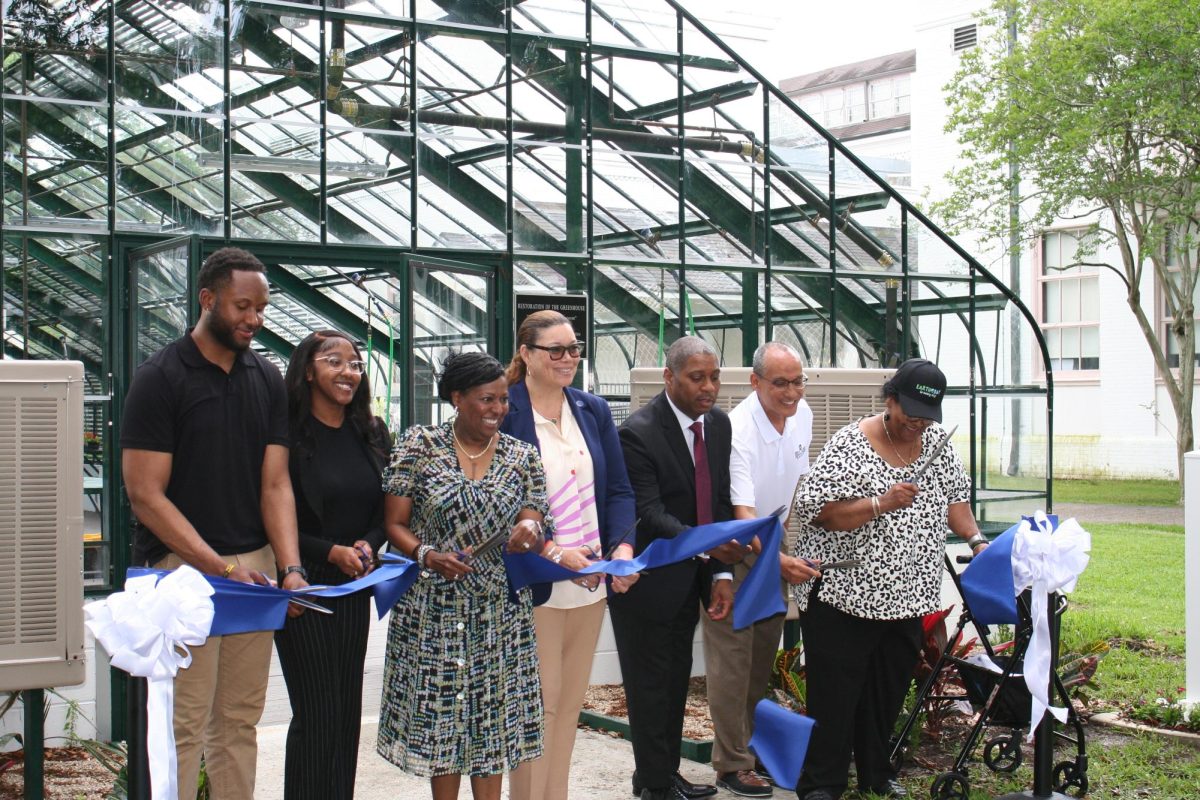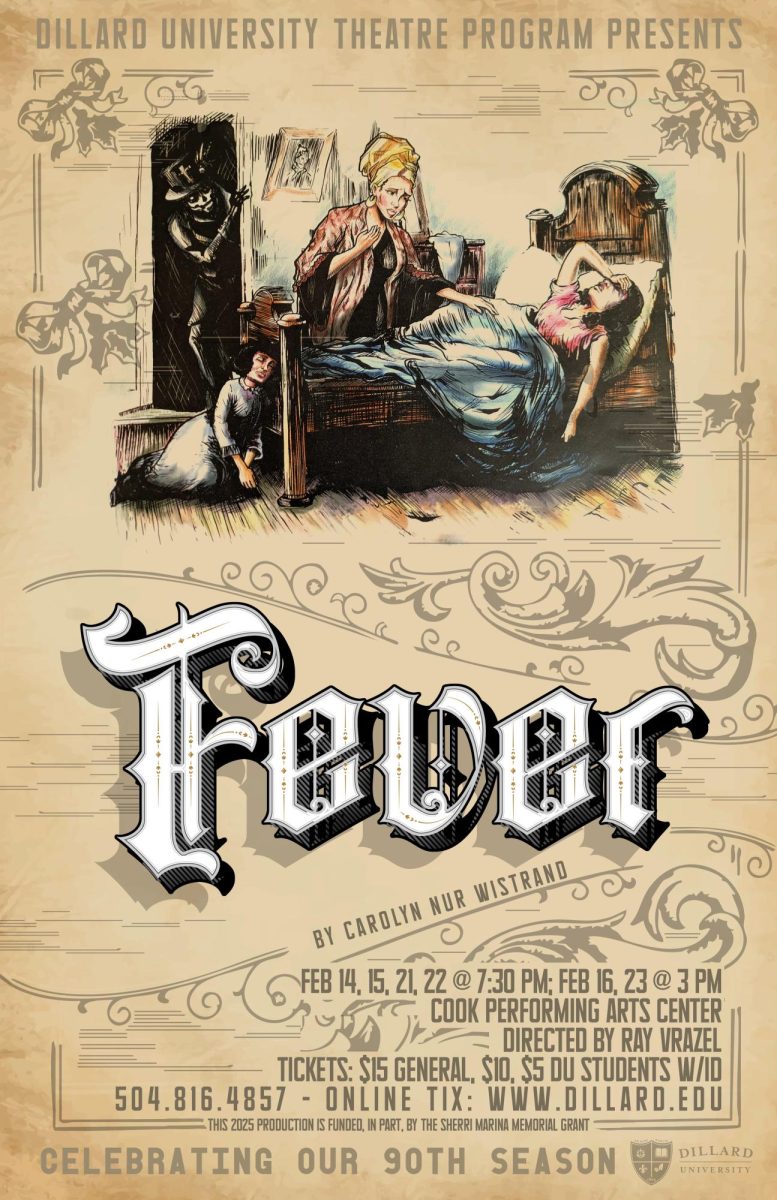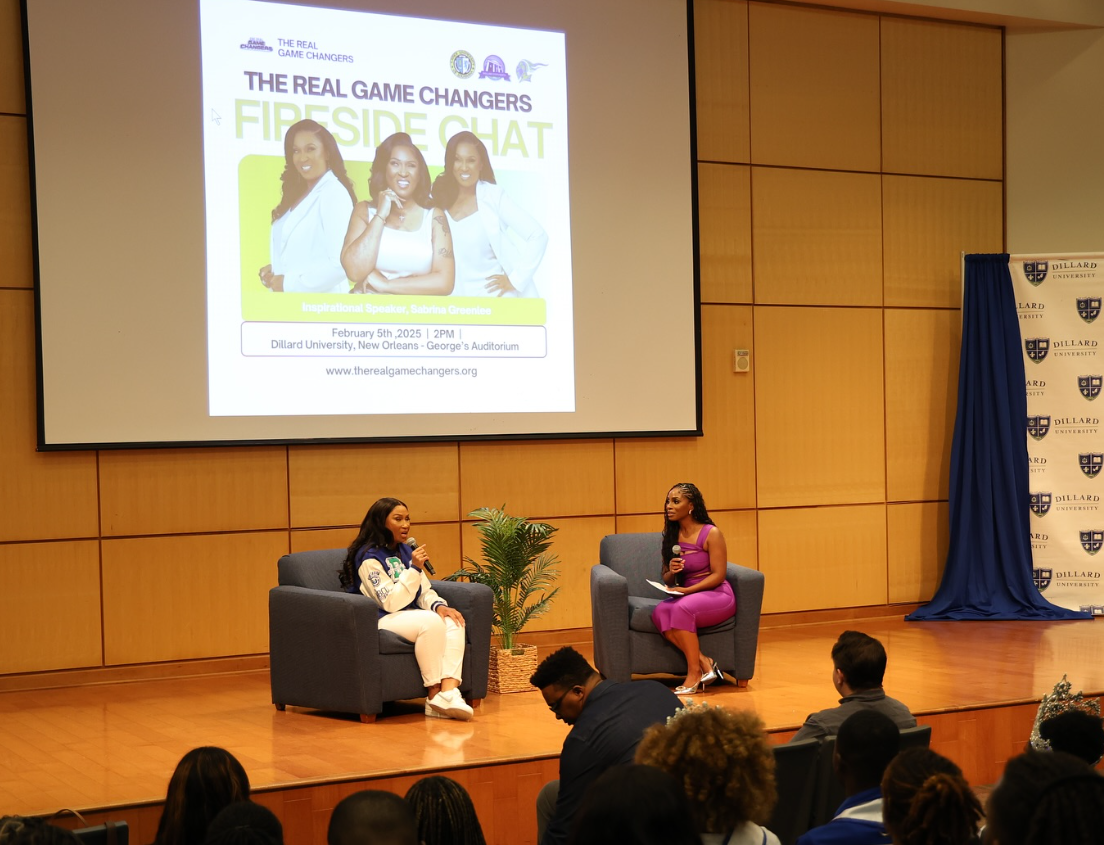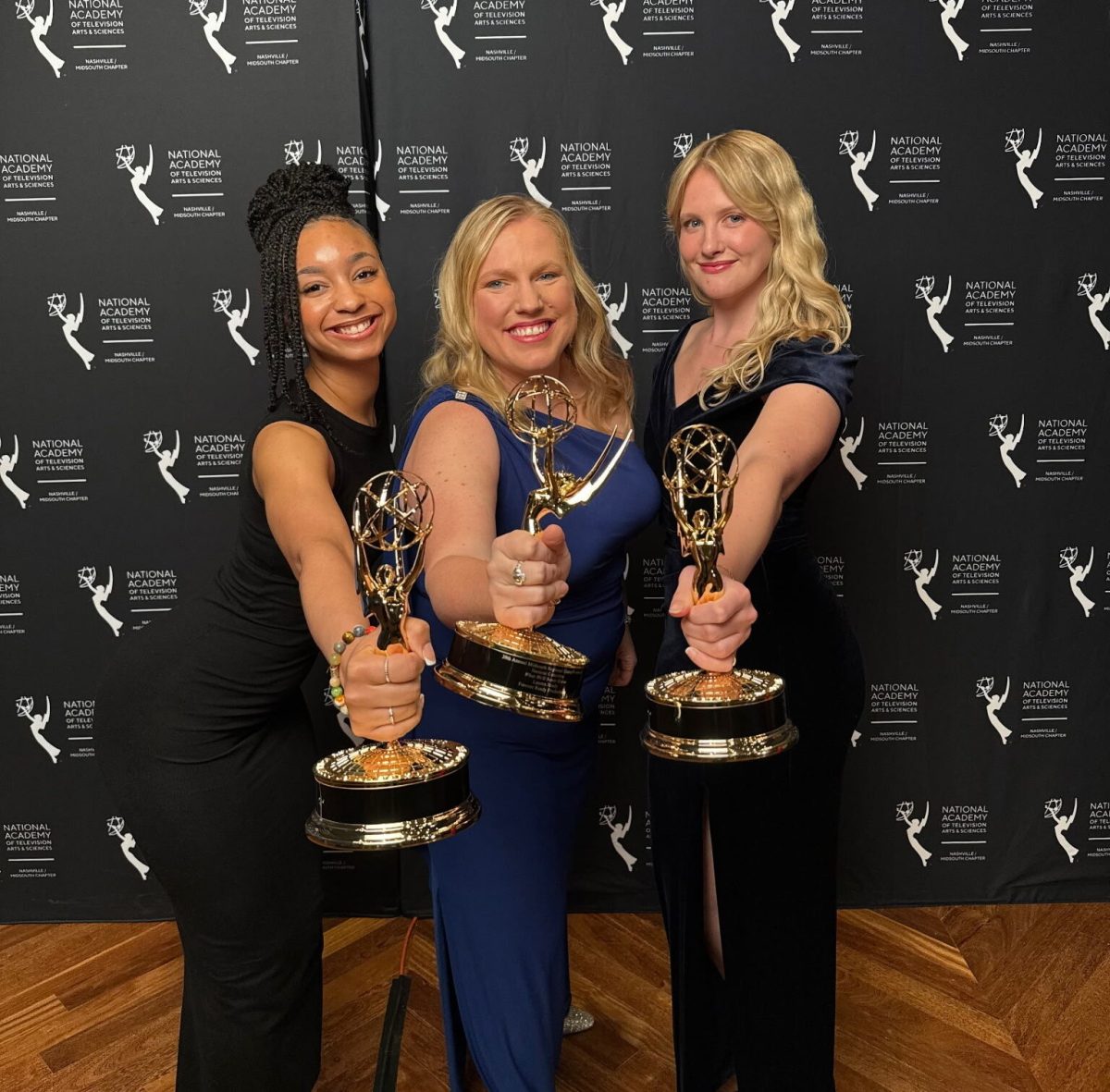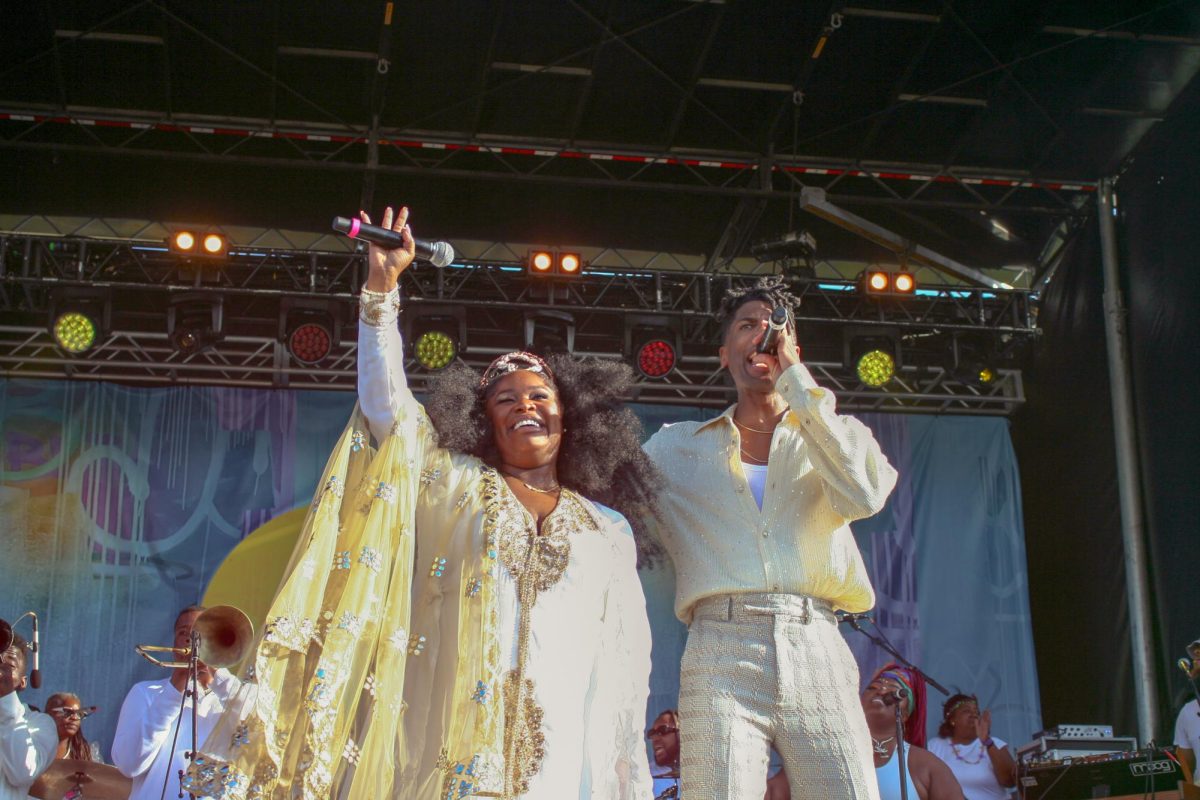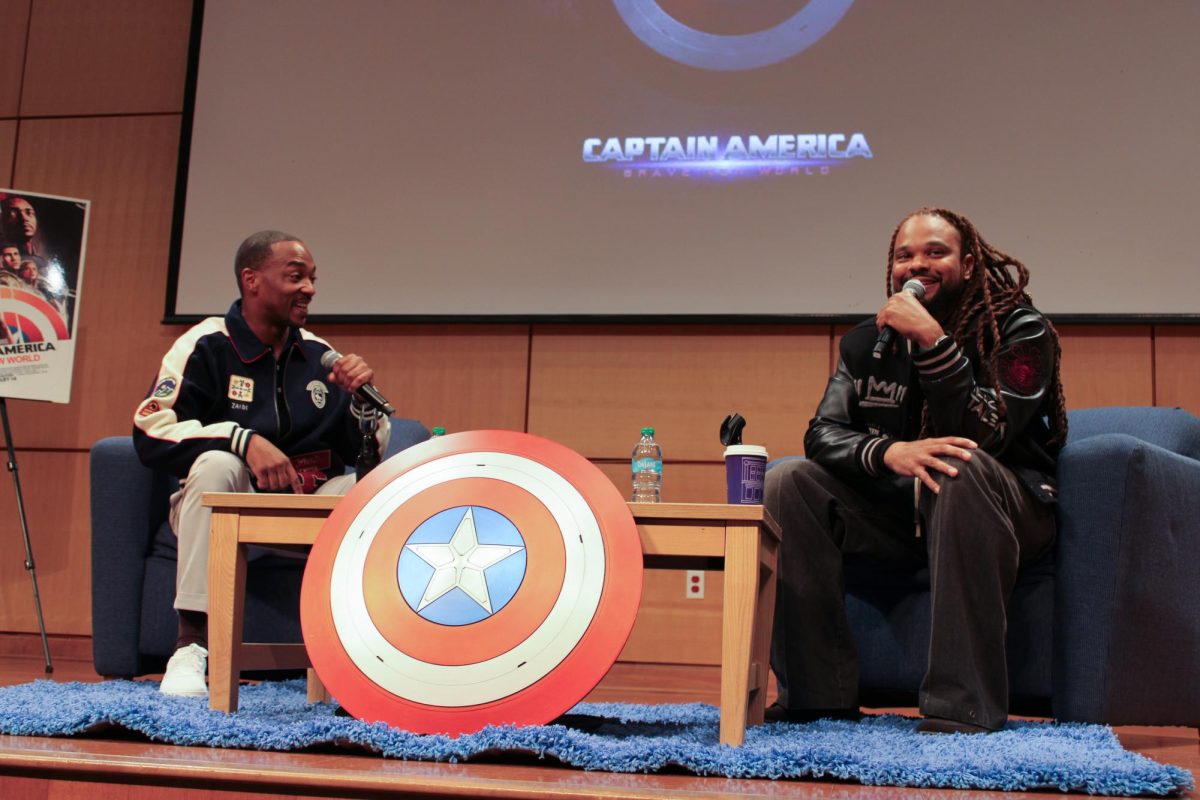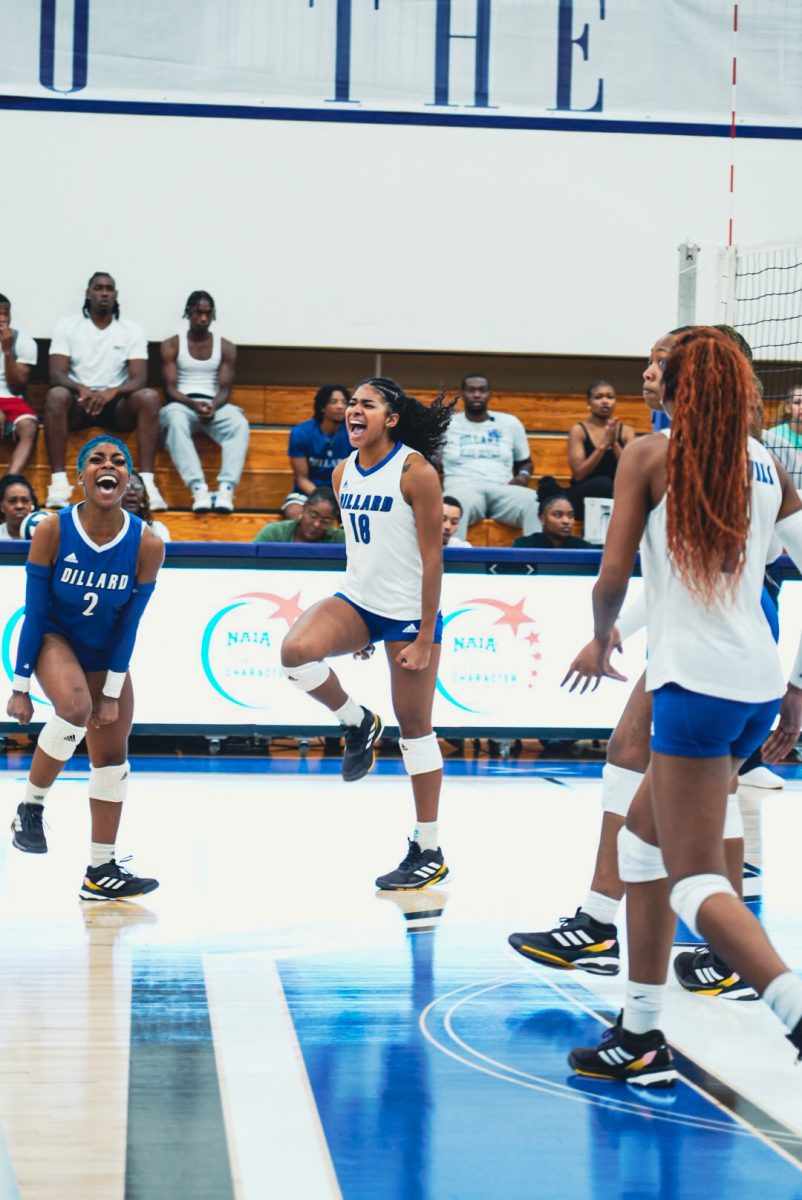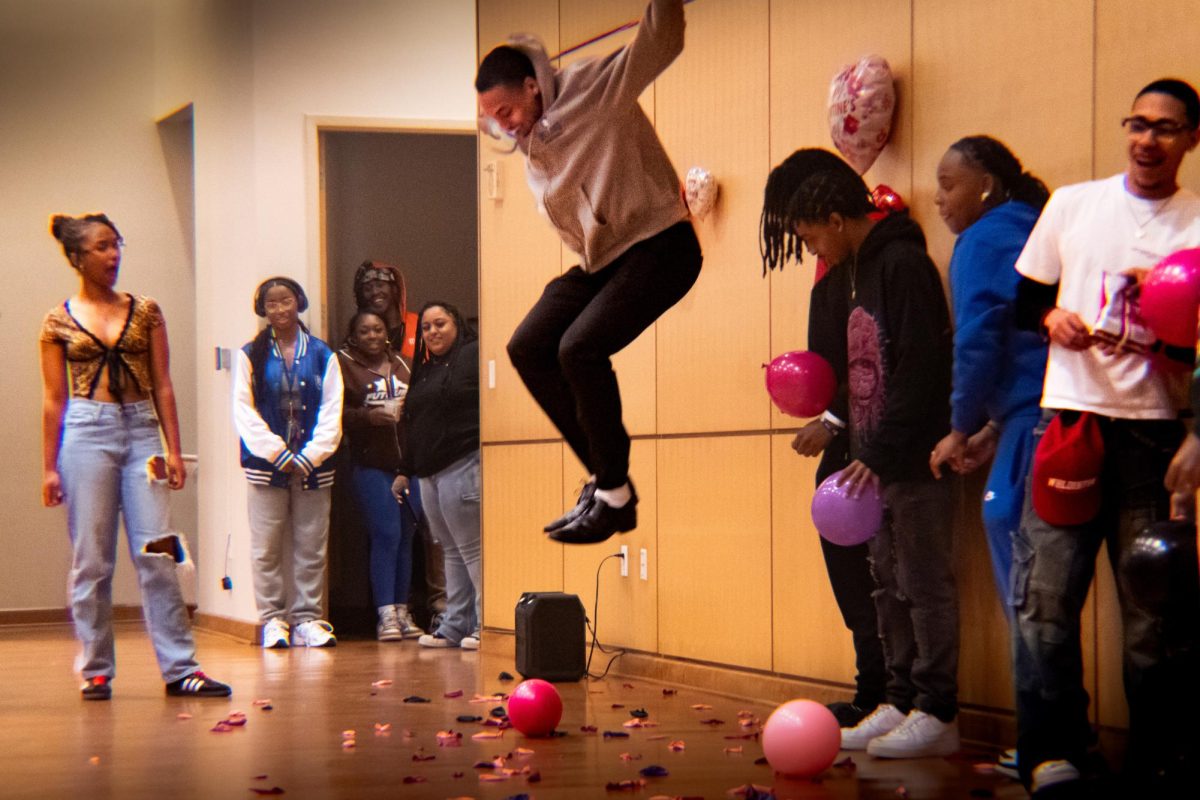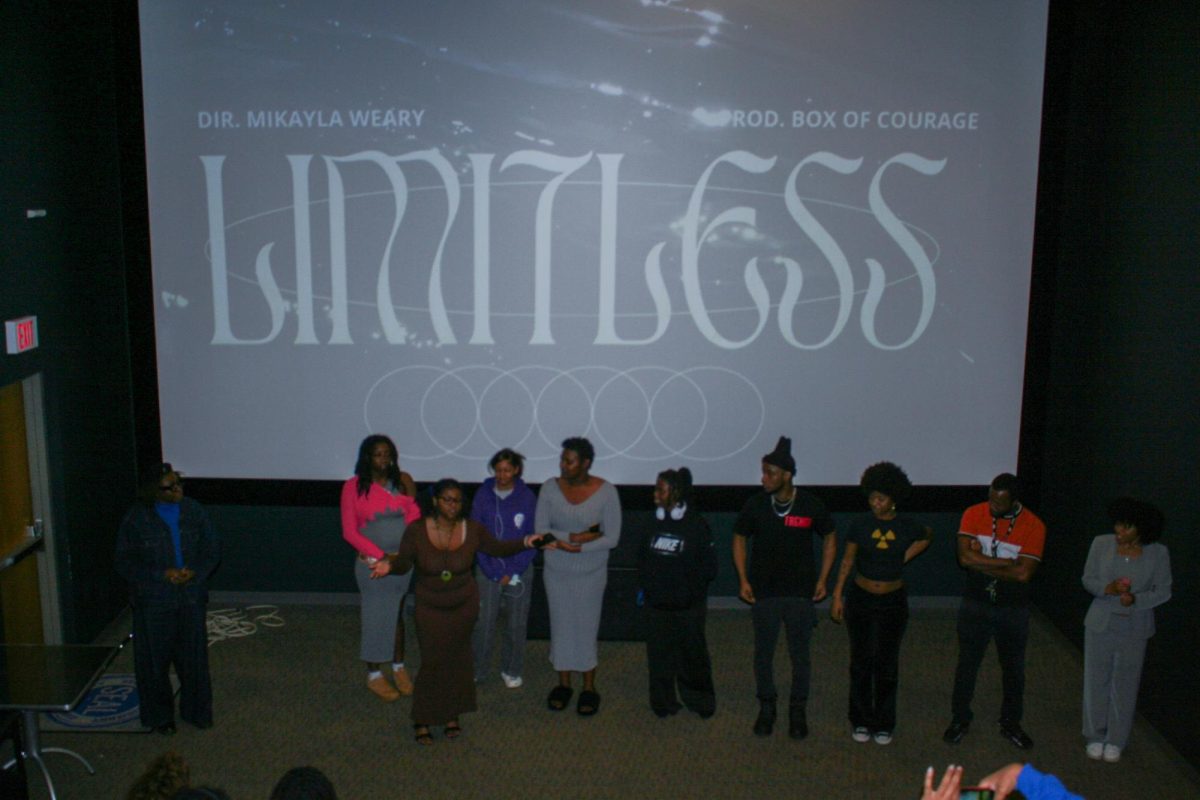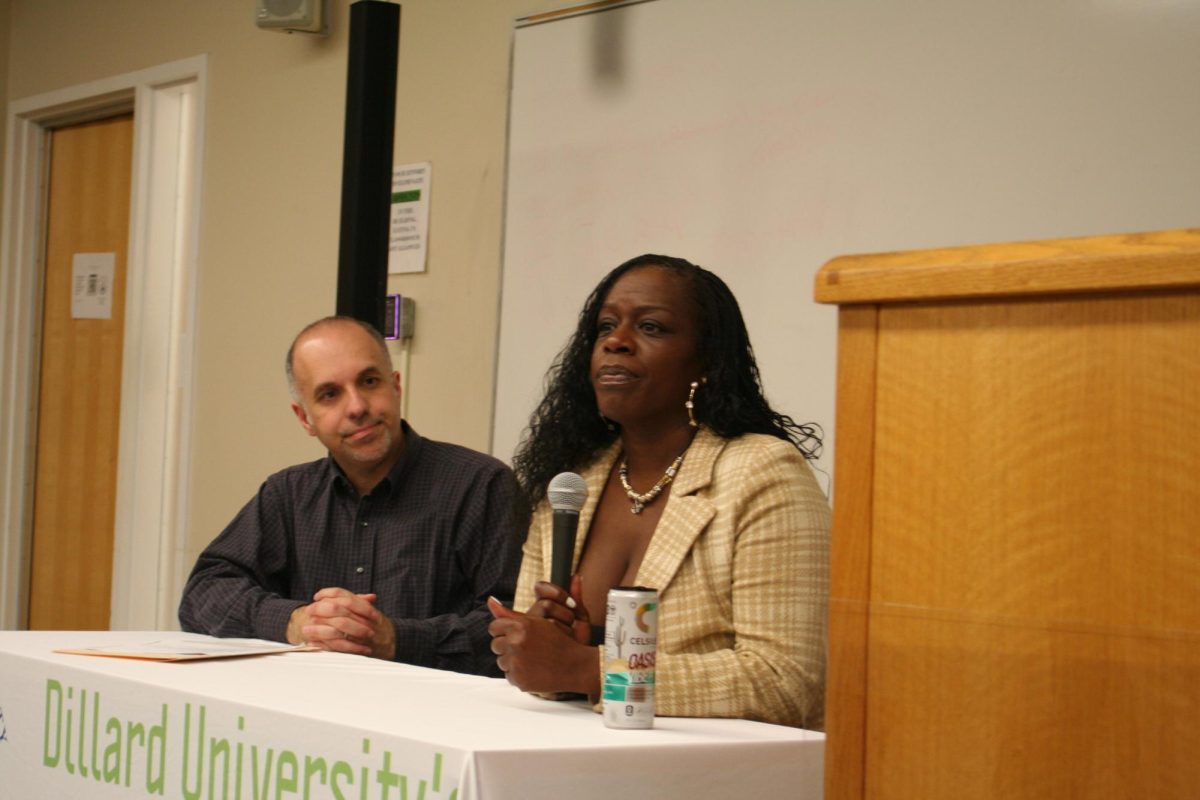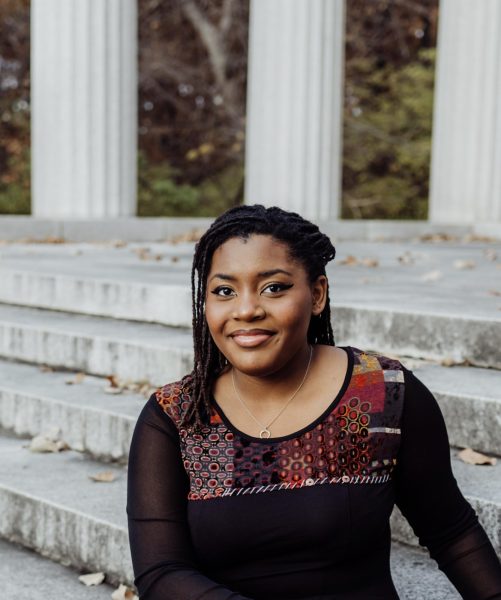[ March 11th, 2024 ] Sekyiwa ‘Set’ Shakur came to speak to students at Dillard University. The Dillard University Center for Racial Justice hosted a 1-on-1 interview for students to ask Shakur questions about her path and career.
Shakur is the President of the Tupac Amaru Shakur Foundation, founded in 1997 by Afeni Shakur, her mother. The Foundation’s goal is to address mental health and trauma in the black community through therapeutic resources, creative arts, and education.
The foundation began as the Tupac Shakur Center for the Arts and was established one year after the passing of Tupac Shakur. One of his dreams was to create a space for black youth to be able to speak their minds about what they were seeing and experiencing growing up, as most of these kids were experiencing poverty and were living in America’s ‘ghettos’, Shakur said.
Tupac was inspired to use music to express the struggle of growing up in the ‘ghetto’, and he wanted kids who grew up like him to know how to express themselves creatively to cope like he was able to. The voices of Tupac & Set Shakur’s generation were ignored, which gave birth to Hip-Hop artists. Musicians used this particular art form to speak on the problems, the pains, and the needs within their communities. This is why the Tupac Shakur Foundation was founded, to be a safe space for kids in these communities to express themselves, just like Tupac envisioned.
For 16 years, the Arts were the main focus of the foundation, offering annual Performing Arts Day Camps for kids. The foundation would put on a theatre production yearly, and the last play to be put on happened to fall on the night that Treyvon Martin’s killer would be acquitted of his crimes, Shakur reminisced.
The reactions of her students at the moment are forever stuck with Shakur. She said, “They did this production, and they went up there and they choreographed it and they were so proud of themselves, and as the show ended, the verdict came in and all of that was lost, they looked completely broken, and felt almost as if we had lied to them.”
This moment demonstrated to the leaders of the foundation that there was a need for a shift in their mission. Although the foundation encouraged these kids to express themselves and told them that their voices mattered, the world outside those walls was still traumatizing and painful to these children.
Sandra Bland’s murder was another devastating case of police brutality that demonstrated the change that needed to be brought to the foundation. In this case, it was made clear that the excuse for her treatment was because of her personality, Shakur said. Her rolling her eyes, and sucking her teeth were taken as acts of aggression and rebellion.
“We can get murdered and it’s ok because our pain looks like aggression. Our pain looks like anger,” Shakur said about how trauma presents itself typically in Black women. She completely stopped driving out of fear for a while because she feared the way that she carried herself would give an excuse for police to brutalize her in the same way that had been seen all over the internet. Sandra Bland reminded her of how she, as well as her mother, her daughter, and her students, would react and emote in the situation, which made Shakur fear she and people close to her would be treated with violence when encountering the police.
“There was no answer for them. We had no answer,” Shakur said, expressing her hopelessness for her students. She realized because of these cases that the foundation could become a tool to not only educate the Black community about our own mental wellness, mental health, and mental and emotional support options but also to educate others about how to connect with us while we are in states of emotional and mental pain.
The foundation is still in the midst of transitioning; its current activities include providing donations to other organizations that are doing the work that aligns with their mission such as organizations that support peace, family unity, gun violence, domestic violence, and family incarceration.
One program that makes Shakur particularly proud of the foundation is their ‘Peace Pole Initiative’. This program identifies peace organizations within communities and a safe place in their communities are created. This is a public space that is free of abuse and free of violence and can be a safe space for all of those in the community. A peace pole is installed in the community to mark this place with the involvement of all of those within the community to install it to bring them together.
Shakur is President of the Tupac Shakur Foundation, and her work in mental health is very personal to her. Throughout her life, she’s struggled with social anxiety, depression, and suicidal tendencies and she has been hospitalized 3 times, beginning at 20. And at 21, her brother’s death had a significant impact on her mental state, as well. While she was seeking healing, those around her kept telling her things like ‘stay positive’, that she felt did nothing to encourage her emotional healing.
“I did not believe that black was beautiful anymore, in that way. I couldn’t see it in our community. I couldn’t see it the way that other people treated our community. So I didn’t have an answer to all of the darkness in my brain,” Shakur said. Therapy finally gave her a place to speak, and allowed her to understand that the things she had experienced throughout her life weren’t normal experiences that she could just work through on her own. Therapy is an important tool in healing from traumas, but it’s not widely available or even accepted in the Black community.
“You guys bring me joy because you’re here, you’re here, you’re thriving and you’re using your brains and showing the world who we can be, who we will be,” Shakur told Dillard University students.
Shakur reminisced on her childhood, where while growing up, the majority of the people she knew weren’t going to college. They didn’t care to make an effort to enter career fields like law, medicine, or social justice. She feels as though if there were more of us, African Americans, striving to be in these fields at that time, her brother would still be alive today.
“I truly believe that activism means standing for your people, loving your people fiercely. And I believe that there’s nothing more powerful and effective than loving on each other enough to fight for us to survive because surviving is the biggest thing we can do as an activist, to stay alive long enough to teach,” Shakur said.

